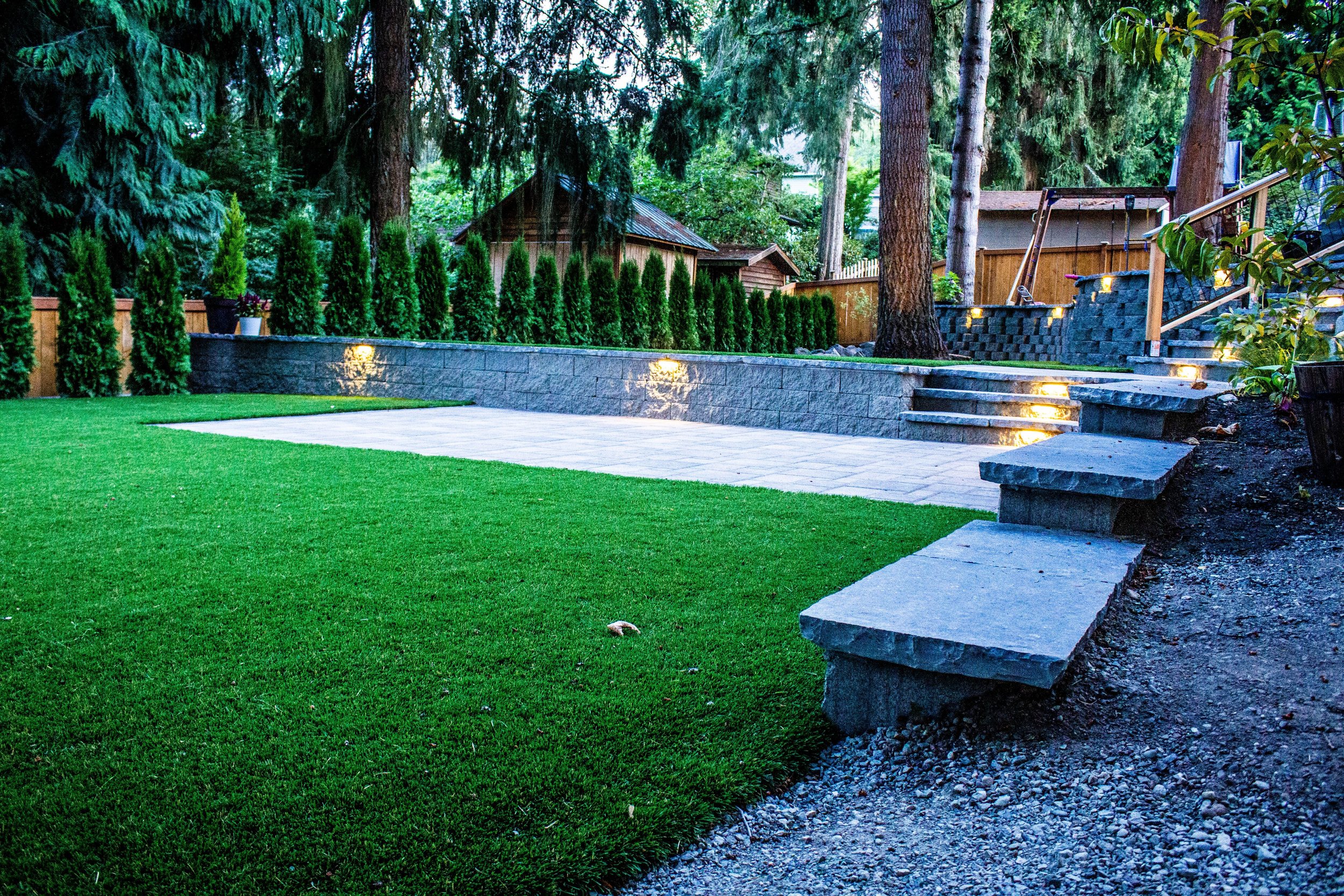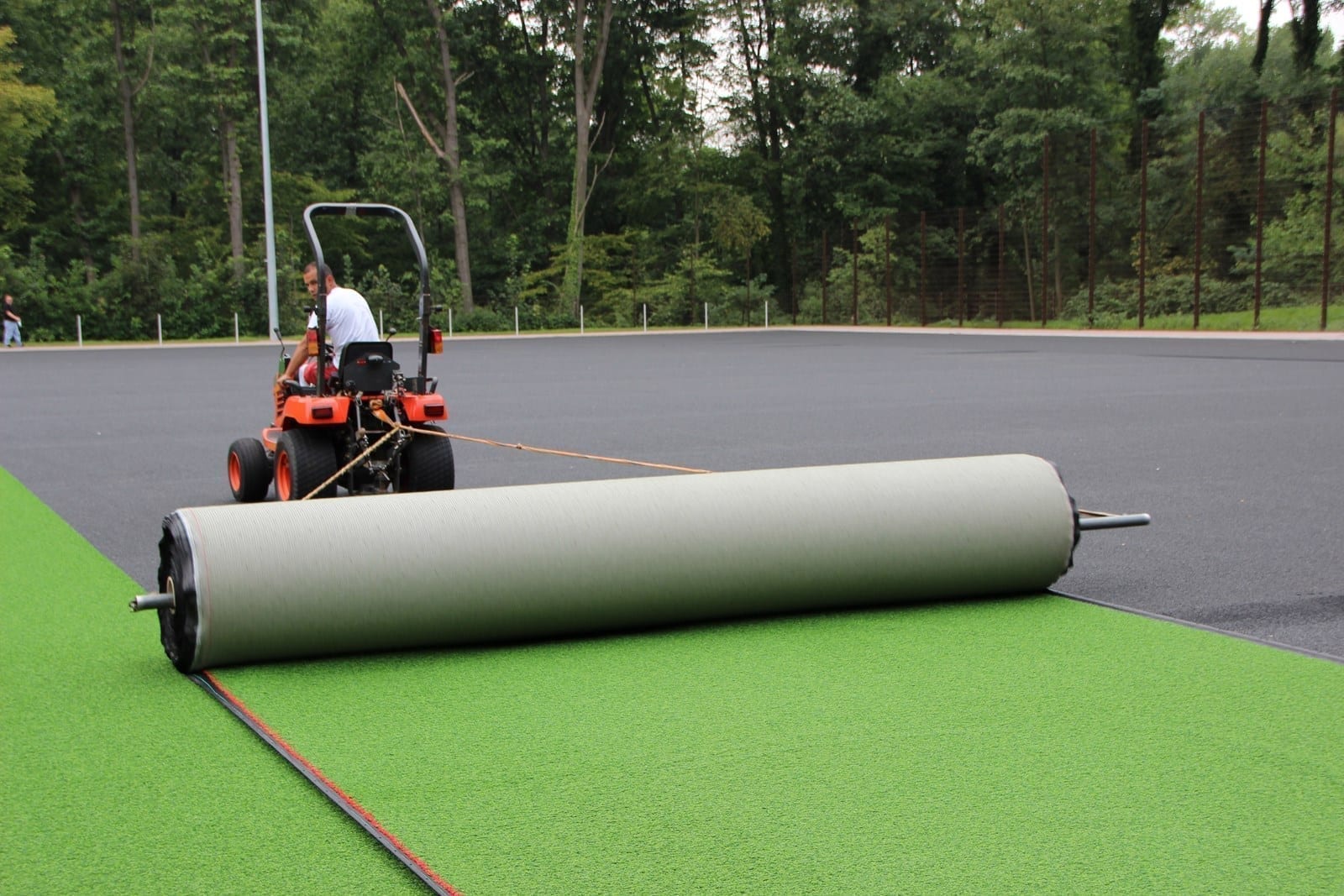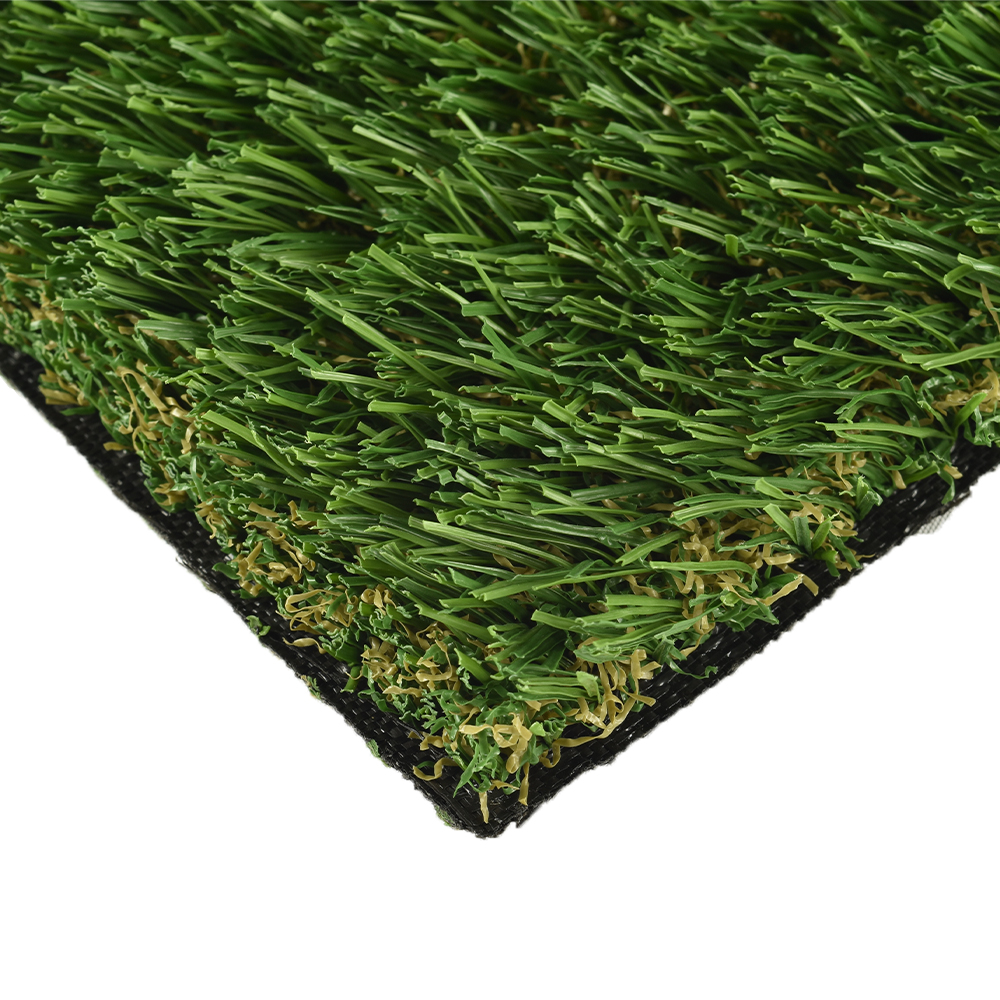Environmentally Safe Arizona Artificial Turf for a Year-Round Lush Green Lawn
Look Into the Environmental Conveniences of Opting for Synthetic Grass Solutions
The adoption of synthetic grass services offers an engaging chance to resolve pressing ecological challenges. By considerably decreasing water usage and lessening the application of dangerous chemicals, these choices not just promote lasting landscaping but likewise shield local ecosystems. Moreover, the lower carbon impact connected with reduced upkeep activities adds to a much more lasting method to land administration. Nonetheless, the implications of these advantages expand beyond mere conservation initiatives, increasing questions regarding their long-lasting effect on habitat preservation and total eco-friendly balance. Discovering these dimensions discloses a complex interplay worth considering.
Water Conservation Advantages
One of the most significant benefits of man-made lawn is its ability to conserve water. Standard yard lawns need substantial irrigation, specifically in areas susceptible to drought or water restrictions. On the other hand, synthetic grass does not require watering, substantially lowering the overall demand for water resources. This function is particularly advantageous in deserts where water deficiency is a pushing concern.
By eliminating the need for regular watering, synthetic grass adds to sustainable landscape methods and aids minimize the environmental effect of extreme water intake. Additionally, the preservation of water extends to the reduction of overflow, which can lead to soil disintegration and waterway contamination.
Additionally, the installation of synthetic grass permits house owners and districts to allot water sources a lot more efficiently, concentrating on vital usages such as drinking water and agriculture. The change towards synthetic grass not just promotes liable water usage yet also straightens with more comprehensive ecological objectives targeted at preserving natural deposits.
As areas significantly prioritize sustainability, the water preservation benefits of synthetic grass provide an engaging case for its fostering in business and household landscape design projects.
Reduced Chemical Use
The change to man-made turf substantially lowers the reliance on chemical therapies generally used in all-natural turf maintenance. Standard grass monitoring generally involves the application of pesticides, herbicides, and plant foods to promote growth and control insects. These chemicals can position dangers to human health, neighborhood wildlife, and the environment, contributing to soil and water contamination.
In contrast, synthetic lawn removes the need for these harmful materials. Once set up, it calls for very little upkeep, mainly containing normal cleansing and seldom infill replenishment. This decrease in chemical usage not only profits the instant atmosphere however likewise adds to wider environmental stability. By decreasing the release of artificial substances right into the ecological community, fabricated lawn advertises healthier dirt and water supply.
Moreover, the lack of chemical drainage connected with artificial grass installations aids shield regional rivers from pollution, sustaining marine life and maintaining biodiversity. Arizona artificial turf. As neighborhoods increasingly focus on sustainable techniques, choosing artificial turf presents a practical remedy that straightens with environmental preservation objectives. Through this change, homeowner can take pleasure in lavish environment-friendly rooms without jeopardizing environmental wellness, leading the way for a much more sustainable future
Lower Carbon Footprint

Additionally, the setup of fabricated turf can lead to significant water preservation. Natural yards require significant quantities of water for irrigation, which not only includes to the carbon impact connected with water extraction and treatment but additionally stress local water resources. In contrast, synthetic lawn requires marginal maintenance, calling for no watering, consequently significantly minimizing water use and its connected power expenses.
Additionally, the longevity of synthetic grass adds to its reduced carbon influence. With a life-span of up to 15 years or more, the requirement for frequent substitutes is diminished, causing much less waste and reduced energy consumption in manufacturing and disposing of conventional grass choices. Overall, click to investigate synthetic turf presents a sustainable choice for environmentally aware landscaping.
Environment Preservation
Environment conservation is a crucial consideration in the dispute over landscaping choices, particularly when comparing synthetic grass to natural yard. All-natural yard lawns often require extensive maintenance, including the usage of fertilizers, herbicides, and pesticides, which can negatively influence local communities. These chemicals can seep into the soil and rivers, damaging native vegetation and animals and interrupting local environments.
Fabricated grass gets rid of the requirement for damaging chemicals, consequently shielding nearby wild animals and preserving the integrity of surrounding ecosystems. The installment of artificial grass can lead to the conversion of former lawn areas right into more biodiverse landscapes, such as pollinator gardens or native plant areas, which can sustain neighborhood wildlife.
Inevitably, the transition to synthetic grass not just preserves water and minimizes maintenance initiatives visit our website but likewise fosters a much more unified relationship between human tasks and the native environment, promoting habitat preservation at the same time.
Long-Term Sustainability
Long-term sustainability is an important consider assessing the benefits of artificial grass over typical yard lawns. One of one of the most significant advantages of synthetic turf is its resilience; it can last as much as 15-20 years with very little upkeep, whereas natural grass calls for frequent reseeding and substitute. This longevity reduces the requirement for consistent resources, such as water, fertilizers, and pesticides, which are crucial for keeping a healthy yard yard.
In addition, artificial lawn contributes to a reduction in carbon exhausts linked with grass care equipment. Traditional lawns often need gas-powered mowers, trimmers, and blowers, all of which add to air pollution. Phoenix turf companies. In contrast, synthetic grass eliminates the need for such devices, promoting a cleaner setting
Moreover, the manufacturing of artificial turf increasingly makes use of recycled products, improving its sustainability profile. As makers take on environmentally friendly practices, the ecological impact of synthetic grass proceeds to diminish.

Verdict
The fostering of synthetic grass browse around this web-site solutions offers considerable ecological advantages, including significant water preservation, minimized dependence on harmful chemicals, and a lower carbon footprint. Additionally, synthetic grass help in protecting all-natural habitats by minimizing land disruption and promoting long-term sustainability through making use of durable products. Collectively, these factors highlight the possibility of synthetic grass to contribute favorably to ecological health and wellness and supply a practical choice to traditional landscaping methods in an increasingly resource-conscious world.
In contrast, fabricated grass does not require watering, considerably reducing the general need for water sources. By minimizing the release of synthetic compounds right into the environment, synthetic grass advertises much healthier soil and water systems.
In addition, the installment of man-made lawn can result in substantial water conservation. In comparison, fabricated lawn requires very little upkeep, needing no watering, thus considerably decreasing water use and its associated energy prices.
